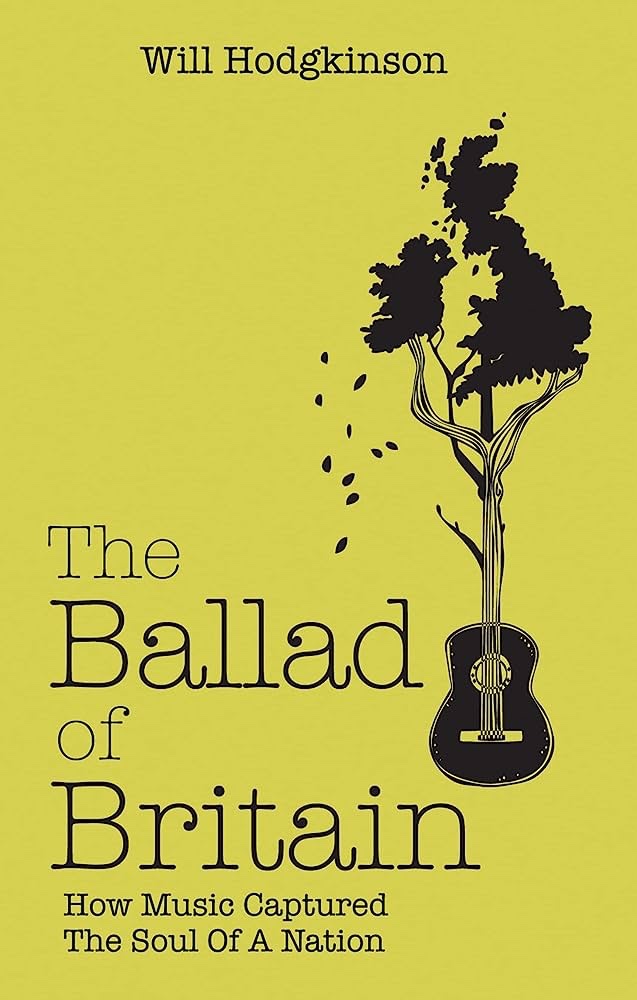

NB: This is an archival review, first written 10 or more years ago, as part of the Amazon Vine programme. Sadly Amazon booted me off the program and deleted all my (thousands of) reviews!* Some of them I had back ups of. So I’m putting those up here, slowly but shirley!
* No explanation given, either!
There’s a lot here of real interest: some obscure artists, old and new, get some much merited exposure, and some seemingly divergent strands of musical interest are drawn together into an interesting if somewhat patchwork narrative.
Like the author’s barnet (see the cover of Song Man), this is a messy affair, and at times I really wanted him to go deeper into whatever it was he was relating, but he would always be off on the next leg of his journey.
Given the scope of the project, and the bewildering range of ground and style he covers, this isn’t surprising. In fact knitting it all together at all is quite an achievement. He does a good job of accessing all kinds of disparate (and on the whole ‘outsider’) voices, and navigates tricky territory – the minefields of opinion – with skill, relating the views of those he meets whilst ultimately keeping his own counsel, mixing candour and balance laudably.
The use of the road trips themselves to bind the book together is quite clever, though at times it did intrude on the ostensible subject: music and the ongoing evolution of musical culture in Britain. By way of illustration I can insert myself into this review as he does into his book:
Despite having had several bangers myself (including a knackered old Astra), and even leaving caps off crucial parts of the engine by mistake (the oil tank in my case), leading to the decease of a beloved jalopy).
Also, being a mildly technophobic musician – because of these shared experiences perhaps I should be more sympathetic? – I found the threads relating to his car and Zoom digital recorder occasionally irritating. Perhaps this is ’cause I’m used to books on music that are more conventionally academic? Focussing solely on the subject, without the author becoming a noticeable part of the fabric of the book.
Having said this, it was a fascinating read, and he is working in territory that sorely needs more light shining on it. When he occasionally muses on the wider cultural setting: the implications of our current state, both socially and musically, and in terms of how these might relate, and where we’re heading, it’s quite interesting: music is, or can be, or perhaps ought to be, something related to the fabric of our daily lives, as opposed to no more than product that we consume.
Perhaps as time progresses we will see, as he says, “that what we need in life is right there in front of us” and, perhaps, as the old markets and models collapse, a new climate of organic micro-scenes will become more normal, and we’ll all be able to enjoy a more egalitarian and participatory musical experience?
But there’s a note of the melancholy that he sees in his subject in the book itself: he admits (as do I) that the music of the sixties and seventies holds a particular fascination for him, and there’s a constant sense that he has to go digging out all this obscure stuff because the mainstream so ill serves us.
At the end of the book I have to confess I felt a little deflated: he covers loads of really interesting stuff (I love The Wicker Man references, and the history of early folk song collectors is fascinating), and succeeds in avoiding any glib over-arching conclusions or pronouncements. But he kind of leaves the reader hanging mid-air, with all kinds of loose threads flapping about in the windy rainy autumnal collective consciousness that he sees as the melancholy and cyclic heart of British music.
